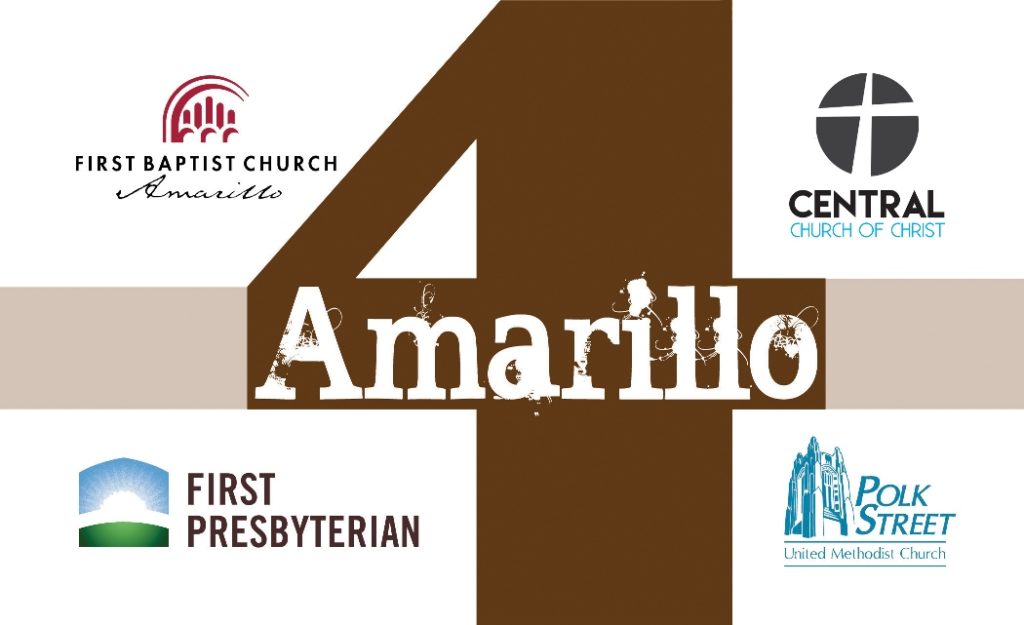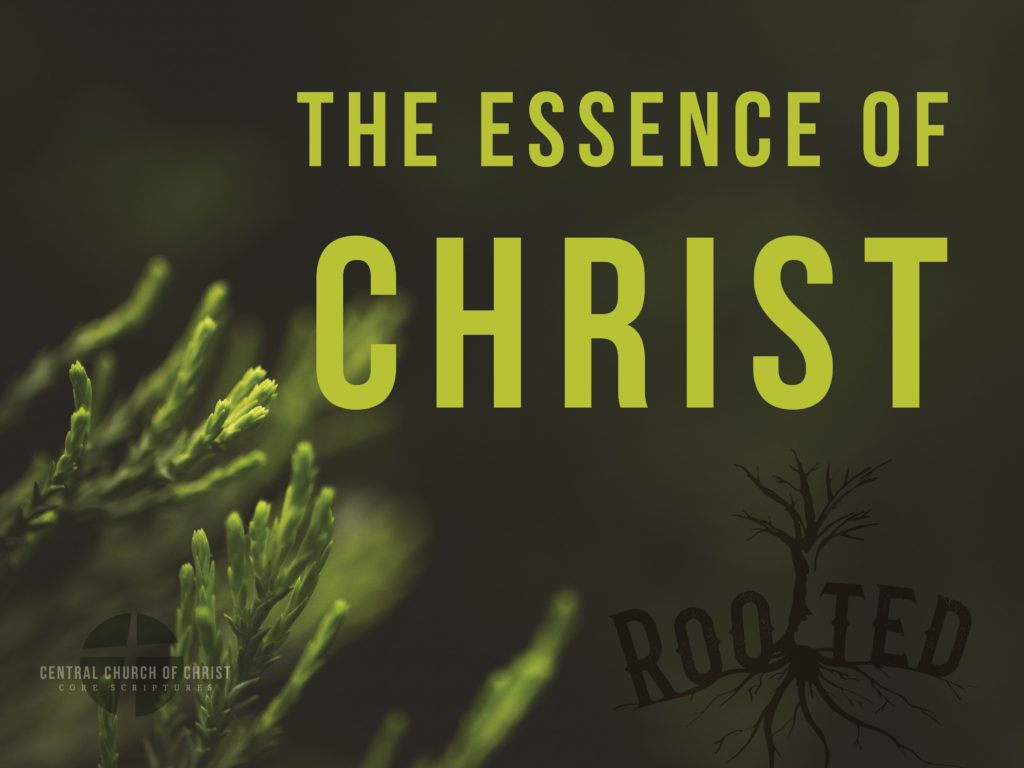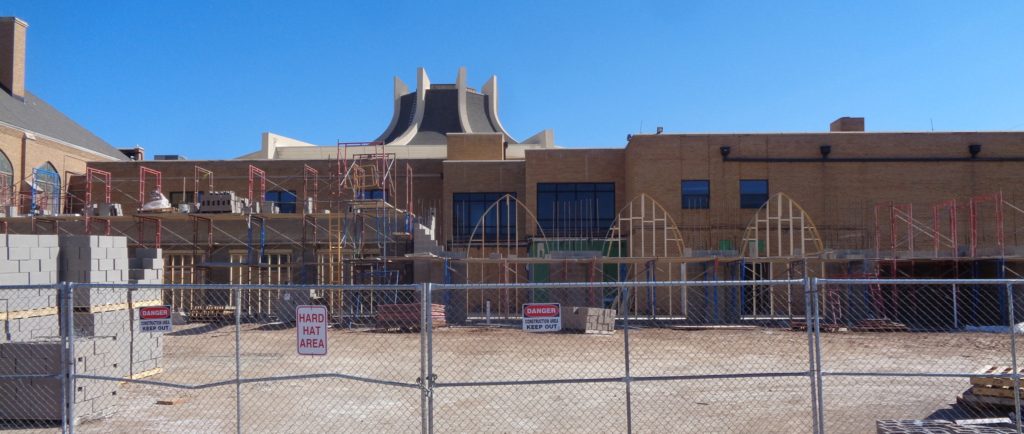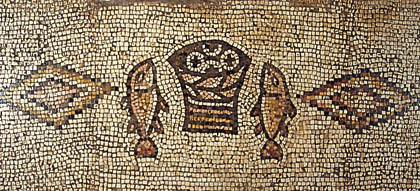All four downtown churches came together for a Maundy Thursday worship service last night at Polk Street United Methodist Church, continuing a tradition that began with the prayerful formation of our “4 Amarillo” partnership eight years ago. Attendance was about half of what it’s been in the past; we were all pretty spread out in Polk Street’s beautiful sanctuary and lots of us were wearing masks. We didn’t walk down to the front to receive communion as is our practice; we were handed those sad little pre-packaged kits to wrestle with in our seats. But, still, every time we gather across our denominational lines for worship and service in the name of our Lord Jesus, it is a tremendous blessing and privilege. Our “4 Amarillo” events are the highlights of my every year. I remain thankful to God for these opportunities that, I realize, not many Christians get to experience. And I never take it for granted.
I was honored by God to preach last night’s message from the account of the Last Supper in the Gospel of Mark. In this telling of the story, Jesus declares to his disciples that one of them will betray him and, one by one, it says, they ask him, “Surely not I?” Last night we focused on turning that question into a statement of loyalty and allegiance to our Lord. It’s not a question mark for us, it’s an exclamation point!
One of you is going to betray me. Surely not I!
Not me, Lord! Not us, Lord! Not tonight! Not tomorrow! Not ever!
Increase my faith, Father, yes. Strengthen my resolve, Lord, yes. Yes, Holy Spirit, give me power to live more fully for Christ, to be with Christ and for Christ. May everything I say and do and think be in the name and manner of Jesus from right now until his day of eternal glory.
May this be our prayer and may this be our commitment. One of you is going to betray me. Surely not I!
Peace,
Allan













Recent Comments